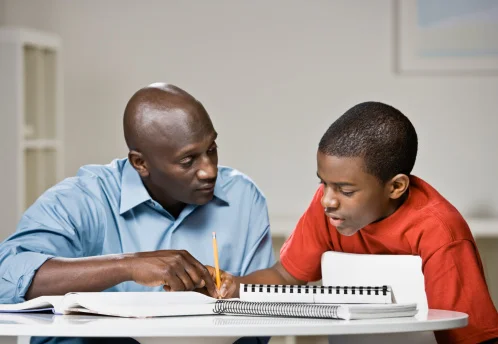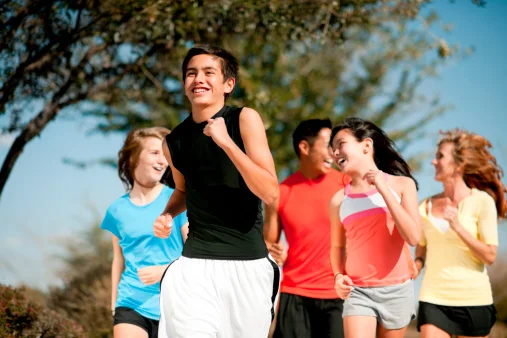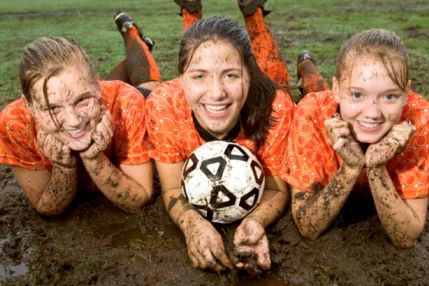+1 845 259 2974 (11 a.m to 7 p.m CST)
Academic success of teens linked to a healthy mind and body

New research suggests that the academic success of American youth is directly proportional to their health. Hunger, physical and emotional abuse, and chronic illnesses, together, act as a recipe for disaster on the academic front. Similarly, indulging in a lifestyle revolving around sex, violence and inactivity from an early age destroys educational achievements of the youth. Children eating healthy diet also show visible academic improvement. Presently, such programs that were earlier directed towards nurturing academic excellence are now being recognized as revolutionary public health interventions.
Study tools for schools
Schools play an instrumental role in helping young people adopt healthy behaviors for a lifetime.
The U.S. Department of Health and Human Services, Center for Disease Control and Prevention (CDC) has carried out extensive research in this regard. In one such initiative, across all 50 studies conducted, there were a total of 251 associations between physical activity and academic performance. Improvement in academic achievement, academic behavior, and cognitive skills and abilities has also been observed by researchers.
Physical education at schools: Eleven out of 14 studies conducted by the CDC found positive association between physical activities at school and improvement in academic performance.
Activity during recess: All eight studies related to physical activity during break time proved that the break helped develop positive attitudes, cognitive skills and enhanced academic performance among teens.
Activity in class: Nine studies explored trends of educational achievements in relation to classroom activities. Eight out of nine studies found positive development in cognitive skills and academic achievement when students were engaged in productive activities within the classroom.
Results
Different studies provide ample evidence that physical activity can help improve academic achievement. In other words, healthy kids learn more. There is no doubt about the fact that physical activity influences cognitive skills and attitudes of youngsters, thus making them attentive and sharp in classrooms.
The time to decide is now
School boards, principals and teachers should decide upon giving regular break times to students to help them enhance their mental and physical health. This practice will also help in facilitating the process of social development among the students.
Teachers who are involved with students in classrooms should introduce short duration physical activities to improve the performance of kids in classrooms.
Most research conducted on the impact of physical activity on attaining educational excellence suggests that sports programs in schools should be encouraged by the staff concerned.
Effects of physical activity on the brain
Credible studies indicate that physical movement can affect the brain’s physiology by increasing the cerebral capillary growth. These also reveal that the dynamics of social activity seem to sharpen cognitive and motor skills. Other advantages are as follows:
- Increased blood flow to the brain
- Growth of nerve cells in the center of learning and memory within the brain
- Development of nerve connections
- Oxygenation
- Improvement in information processing, storage, and retrieval capacity






















